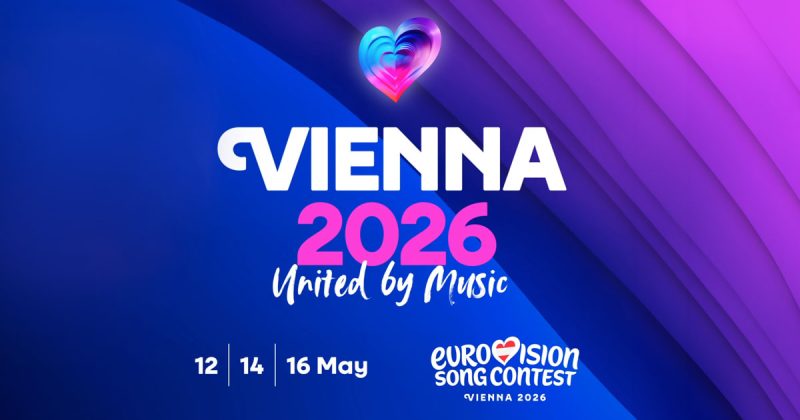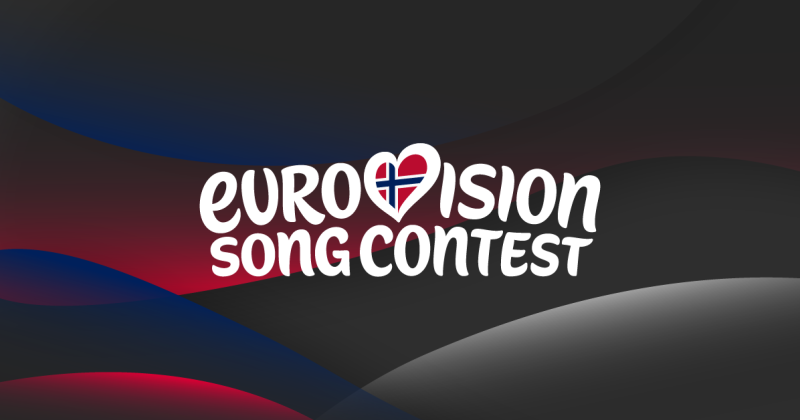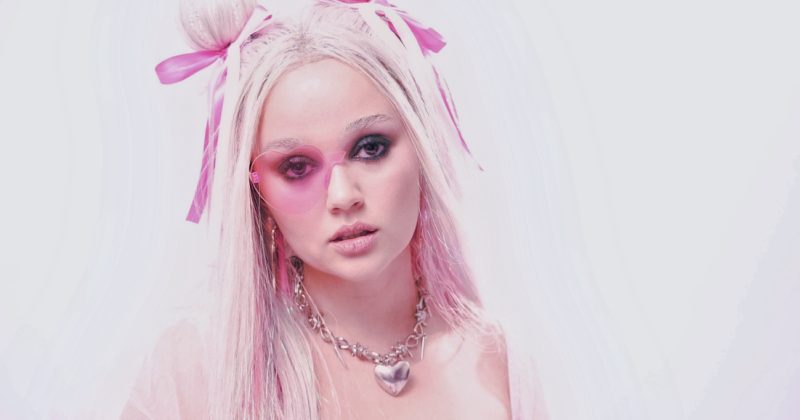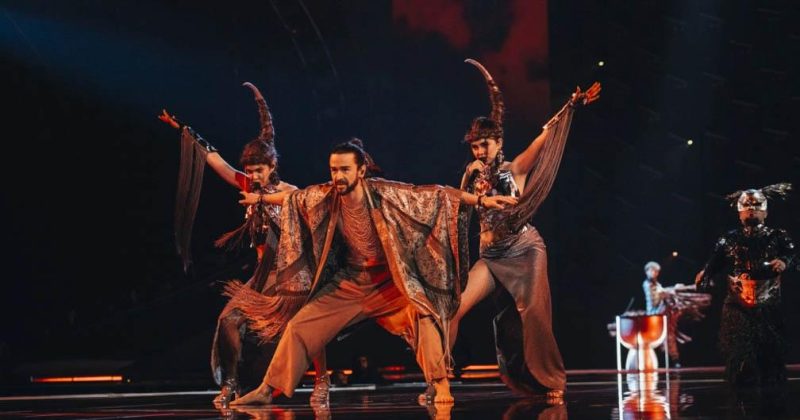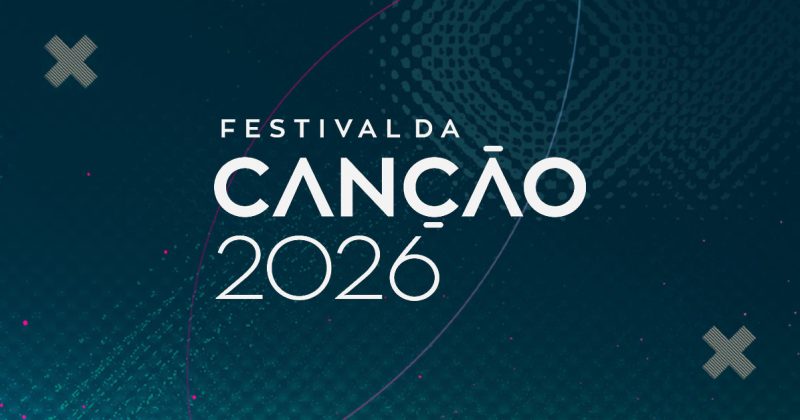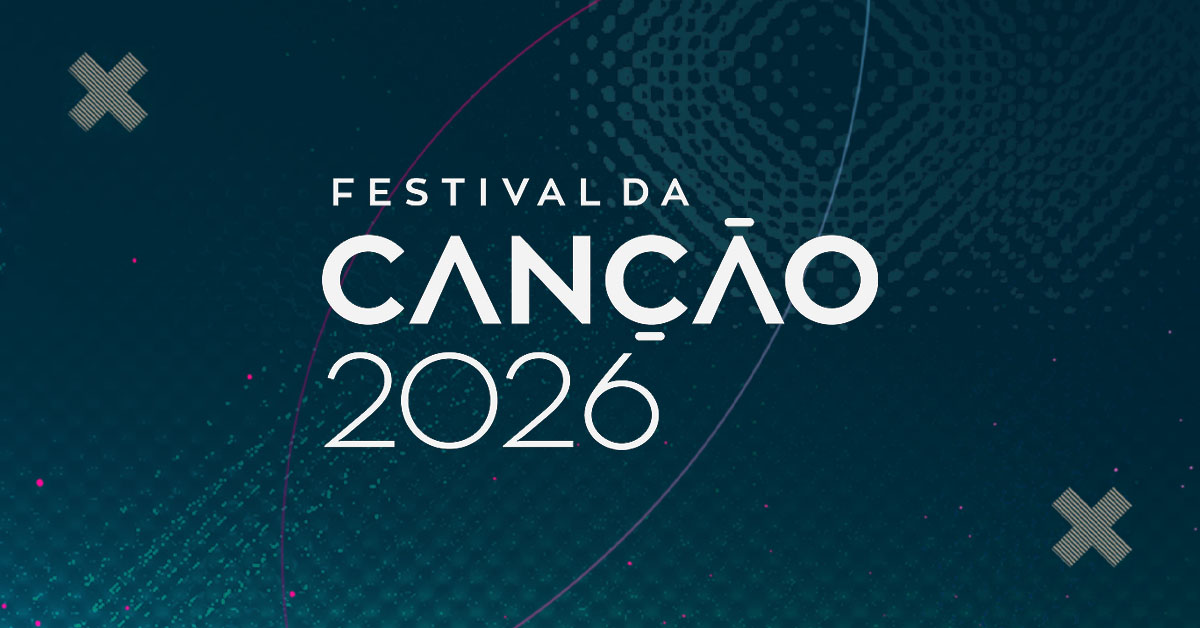
The band ‘Marquise’, competing in the Portuguese national selection, states it will refuse to represent Portugal at Eurovision 2026 if Israel participates, citing a new regulation that allows it to do so.
The band Marquise, competing in the Portuguese national selection, has stated it will refuse to represent Portugal at Eurovision 2026 if Israel participates, revealing a new regulation that enables such a decision.
Marquise, whose participation in Portugal’s national selection was recently confirmed, caused significant debate on social media after publishing an official statement clarifying that their participation in Festival da Canção 2026 does not obligate them to represent Portugal at Eurovision 2026 – should Israel remain part of the competition.
This comes following changes introduced by the national broadcaster RTP to the contest’s regulations: the winning song is now eligible to represent Portugal at Eurovision, but unlike previous years, participation in the international contest is no longer mandatory.
Marquise’s Statement: “Participation in the National Selection Does Not Imply Eurovision Involvement”
In a statement posted to their Instagram account, the band confirmed their participation in the Portuguese selection:
“At the invitation of RTP, we accepted the challenge of participating in Festival da Canção 2026. We also clarify that our participation does not imply any commitment or involvement in Eurovision. Our participation in the Festival will not be complicit with the genocide of the Palestinian people”.
The band’s declaration stands in direct contradiction to the regulations of the European Broadcasting Union (EBU), which were tightened officially starting from Eurovision 2025. Following the controversy surrounding Eurovision 2024, the updated rules explicitly prohibit artists and delegations from using the Eurovision platform for political statements. Therefore, the statement by Marquise exposes them to a potential disqualification from representing Portugal internationally if they win the national selection.
The band’s announcement redirected public attention toward the newly updated Portuguese regulations, revised even before Portugal confirmed its participation, and which now allow contestants to perform and even win the national selection while still choosing not to represent the country at Eurovision.
Changes in the Portuguese Regulations – and Portugal’s Official Position
In September, we reported on amendments to the national selection rules, according to which the winner of Festival da Canção is not required to represent Portugal at Eurovision 2026. This is due to a new clause stating: “The winning song will be eligible to represent RTP at Eurovision 2026″.
In other words: representing Portugal at Eurovision is a right, not an obligation, and contestants may choose not to do so. Following this clause, another rule was added:
“If the winning song is unable, for any reason, to participate… RTP may choose a replacement song”.
These changes are what make Marquise’s declaration fully feasible and compliant within the national selection. Practically speaking, these clauses sever the automatic link between winning the contest and representing Portugal at Eurovision, allowing contestants to compete while expressing political views in defiance of the contest’s rules. Contestants who take such positions will likely be disqualified by the EBU, but it appears they may withdraw before reaching that point.
Such political controversies are unlikely to affect Portugal’s participation in Eurovision, as the country is prepared for the scenario in which the winner declines the assignment, and may simply appoint a different representative.
It is important to note that Portugal has repeatedly confirmed its intention to participate in Eurovision. Just a month and a half ago, the national broadcaster reaffirmed that it would not boycott Eurovision 2026, following accusations by Spain, which published false claims suggesting Portugal might join a boycott if Israel were permitted to participate.
The Spanish report was immediately and strongly denied by RTP, which labeled it as “false and inexplicable”.
It Has Happened Before
The current controversy echoes a similar situation from Eurovision 2024. At the time, the Norwegian band Gåte expressed opposition to Israel’s participation during their national selection and stated that they might reconsider representing the country. After the contest, the band’s guitarist revealed that they were close to withdrawing several times, though the withdrawal never materialized. The band qualified for the final that year but ultimately finished last.
Marquise’s statement underscores new flexibility in Portugal’s selection rules. Despite controversies and political positions by artists, Portugal has made clear it does not intend to withdraw from Eurovision 2026.
“Deslocado” (in English: “Displaced”) is the song that will be performed by NAPA band, representing Portugal in Eurovision 2025 in Basel, Switzerland. Portugal finished 21st with 50 points, ranked 19th in jury vote and 21st in public vote.
Eurovision 2026: This will be Portugal’s 57th participation in the Eurovision Song Contest. Portugal joined the competition in 1964 and achieved its best result in Eurovision 2017 when singer Salvador Sobral won first place with the song “Amar pelos dois”.
Email: [email protected]
Phone: +972-50-9441919
Writer and content creator specializing in the Eurovision field. Her writing emphasizes professional analysis and a wide range of opinions.

